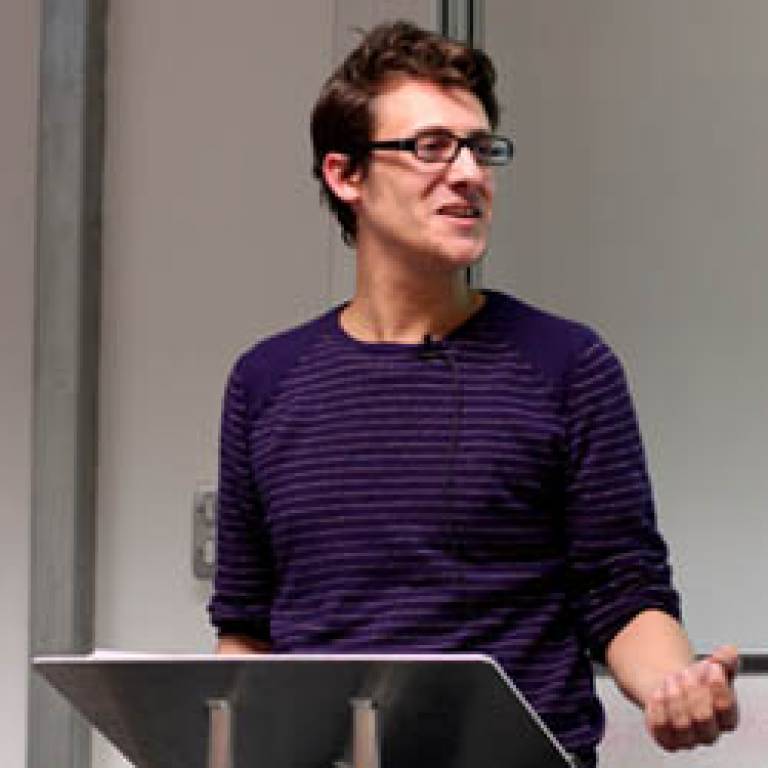The morality of the financial crisis: discuss
14 February 2011
Who is to be blamed for the financial crisis, and who should bear the costs? UCL Laws student Elettra Bietti discusses the highlights of a panel discussion on the subject held by the UCL Jurisprudence Review.

The multidisciplinary discussion was held by the first UK academic student law journal on 3 February.
The distinguished panel was composed of Professor Alan Dignam, Professor of Corporate Law at Queen Mary University of London; Mr Daniel Leighton, Head of the Public Interest Programme at DEMOS, a thinktank focused on power and politics; and Dr Saladin Meckled-Garcia, Director of the UCL Institute for Human Rights and Lecturer in Human Rights and Political Theory. The event was chaired by Mr John Springford, Economist and Senior Researcher at Social Market Foundation.
The discussion focused on the moral responsibilities arising from the financial crisis: who is to be blamed? And who should bear the costs? Is it the consumers, the bankers, the Government? All speakers agreed that neither punishment nor human rights could assist in addressing such questions. On the other hand, all agreed that morality was a useful way of analysing the problem.
Dr Saladin Meckled-Garcia focused on the notion of fairness, asking "What is a 'fair' way to understand the crisis?" For Dr Meckled-Garcia, the solution lies in a 'fair' redistribution of the costs, one which the present situation does not reflect. Rather than taxing financial activities, cuts in public expenditure resulted in the general public bearing the costs of others' failures.
Adopting a bold approach, Mr Leighton criticised the Government for a "cognitive failure". Borrowing Machiavelli's notion of corruption as the subversion of the common good for selfish purposes, he argued that the policy pursued by Government of supporting the industries, insurance and real estate companies was a selfish one, which identified the interests of a few with the common good. To solve a political problem we need, he argued, a political solution.
Finally, Professor Dignam justified banking activities on two moral premises: that the protection of property was an essential human right, and that capitalism was grounded on the central moral principle of individual responsibility in the market. Yet, despite financial activities being justified in principle, he argued that something had gone very wrong with the crisis. For him, the great immorality underlying the financial crisis is that big risks were taken and big profits were made with taxpayers' money. This contradicts the principle of individual responsibility, the moral premise of a free market.
A number of interesting questions were raised by the audience. In particular, former Jurisprudence Review editor Yuvraj Joshi asked whether it makes sense to talk of morality in a framework which itself is morally corrupted. The speakers all thought it did; it would be too pessimistic to think that the losses caused by an immoral crisis cannot be addressed in moral terms.
Images from top: Daniel Leighton of DEMOS; Dr Saladin Meckled-Garcia, Director of the UCL Institute for Human Rights
UCL context
The UCL Jurisprudence Review instigates discussion of fundamental issues of ethics, morality and justice, and their application across a broad spectrum of legal areas. These discussions continue through the review's series of colloquia.
 Close
Close

